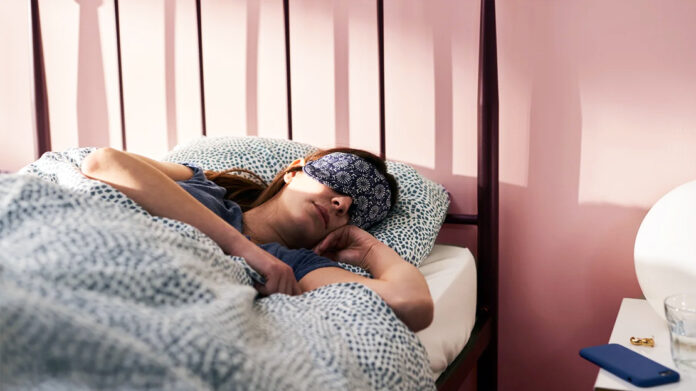Oversleeping is called hypersomnia or “long sleeping.” This condition affects about 2 percent of people. People with hypersomnia might require as many as 10 to 12 hours of sleep per night to feel their best.
Since day-to-day life might include responsibilities that don’t allow for this much rest, long sleepers may feel excessively tired during the day and catch up on off days, sleeping as much as 15 hours at a time.
You may experience hypersomnia if you often wake up in the middle of the night. You may not remember all of your nighttime wakings, but they can keep you from getting enough deep sleep to leave you feeling refreshed.
Hypersomnia typically starts in childhood. If you haven’t always felt as tired as you do now, something else might be going on. Lifestyle factors can play a part. If you don’t get enough sleep on a regular basis, your body may try to make up for it by oversleeping.
There are also a number of health conditions that might cause you to oversleep, such as:
- thyroid issues
- heart disease
- sleep apnea
- depression
- narcolepsy
- certain medications
Complications
For people with hypersomnia, oversleeping may cause the following issues:
- anxiety
- low energy
- memory problems
Even if you don’t have a sleep disorder, regularly oversleeping may have a negative impact on your health. Some complications may include:
People who oversleep may also be at higher risk of auto accidents. Always use caution when operating heavy equipment if you’ve been experiencing excessive sleepiness.
How is oversleeping diagnosed?
It’s a good idea to check in with your doctor if your sleepiness symptoms last longer than six weeks. At your appointment, your doctor will likely ask you questions about your sleep and lifestyle habits, medications, and health history. You may also have a physical exam and even be asked to engage in a sleep study.
If your oversleeping cannot be attributed to other medical conditions, your doctor may recommend the following:
- Rate your sleepiness on the Epworth Sleepiness Scale. You’ll rate your sleepiness to help your doctor understand how sleep is affecting your everyday life.
- Keep a sleep diary. You’ll record your sleep habits, like when you fall asleep, when you wake, and how often you wake, so your doctor can look for sleep amounts and patterns. You should track your sleep for a week before seeing your doctor.
- Take a polysomnogram. You’ll stay overnight in a sleep center attached to a monitor that will measure brain activity, eye movement, leg movement, heart rate, and more.
- Take a multiple sleep latency test. This test is typically done the day after a polysomnogram. It measures your sleep as you nap during the day.
Outlook
If your oversleeping is caused by an underlying health issue, treating the issue may help you start sleeping normally. Making lifestyle changes that address poor sleep habits may also help.
Also, ask your doctor if there are medications that might work for you. Modafinil (Provigil), for example, is a wake-promoting drug. In a study on people with narcolepsy and idiopathic hypersomnia, this medication was shown to improve driving performance and alertness.
1. Try a sleep schedule
Go to sleep and wake up at the same time every day, even on the weekends. When you go to bed and wake up at the same time each day, you condition your body to expect sleep during that time. You may eventually get into a rhythm where sleep comes more easily.
2. Create an ideal sleep environment
Being comfortable will help your body give in to sleep. Make sure your bedroom is cool, dark, and quiet. You may want to darken the room using curtains. Earplugs or a white-noise machine can help drown out distractions.
Try to limit the number of pets or children sleeping in your bed, and avoid falling asleep with the television on, even if the sound is off. And consider switching your pillow or mattress if they are uncomfortable.
3. Power down your devices
Computer and phone screens emit what is called blue light. At night this kind of light can disrupt your body’s natural circadian rhythm and disrupt sleep. Power down your devices and limit your exposure to blue light in the two to three hours before bed.
4. Mind your lifestyle habits
Taking care of yourself during waking hours will help your sleep. Think about the things you consume. Caffeine may wind you up if consumed too close to bedtime. Alcohol can make you sleepy, but it actually makes your quality of sleep worse. Herbal tea or warm milk are better substitutes. Exercise is good for your body, but doing it right before you go to bed may disrupt your sleep.
5. Keep a sleep diary
If you have concerns about your sleep, write about them. Include anything and everything about your usual habits and routine so you can show your doctor. Be sure to jot down how long you sleep each night, how long it takes to fall asleep, if you nap during the day, and anything else related to your rest you think may be important.
Credit: healthline.com










